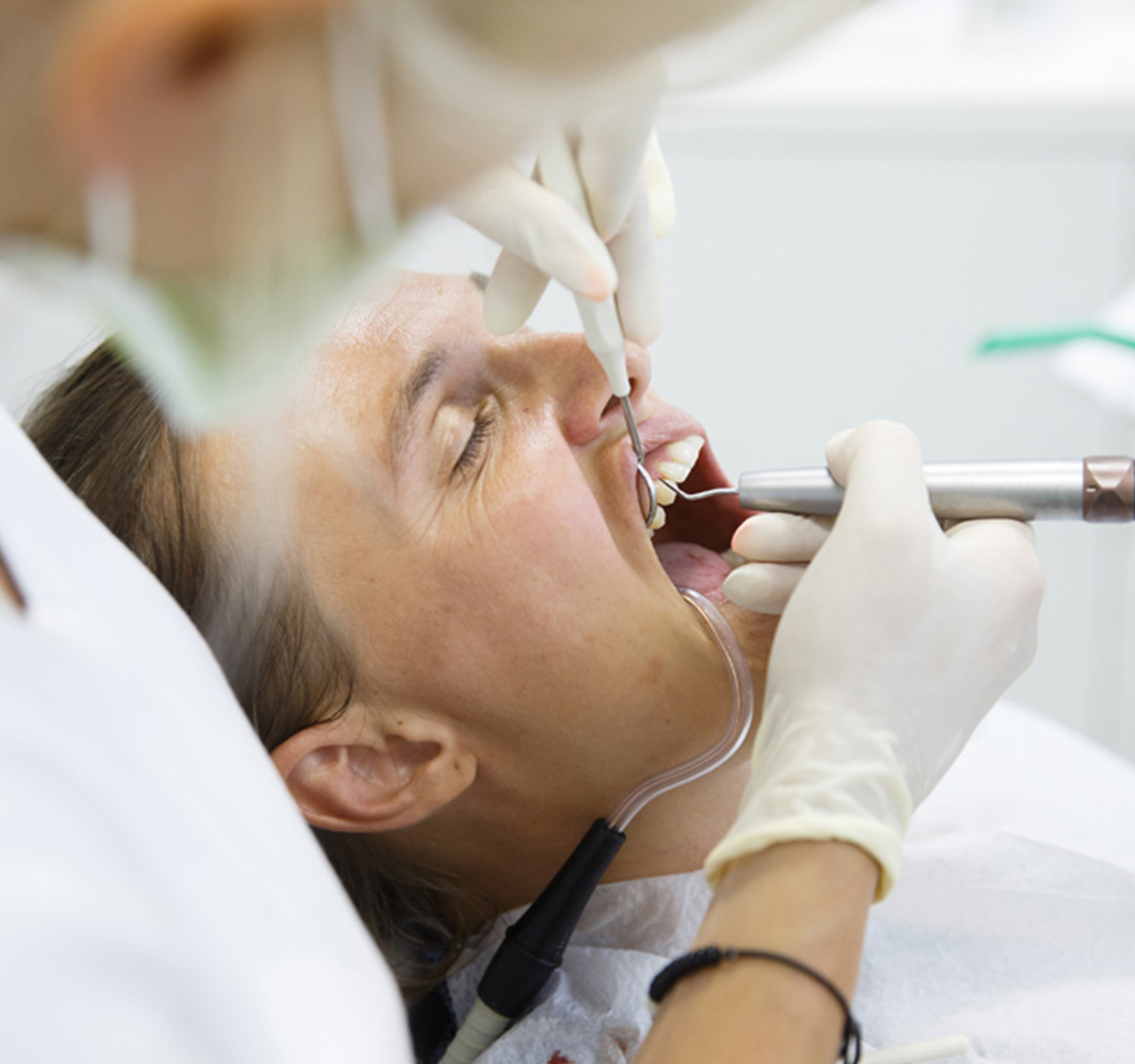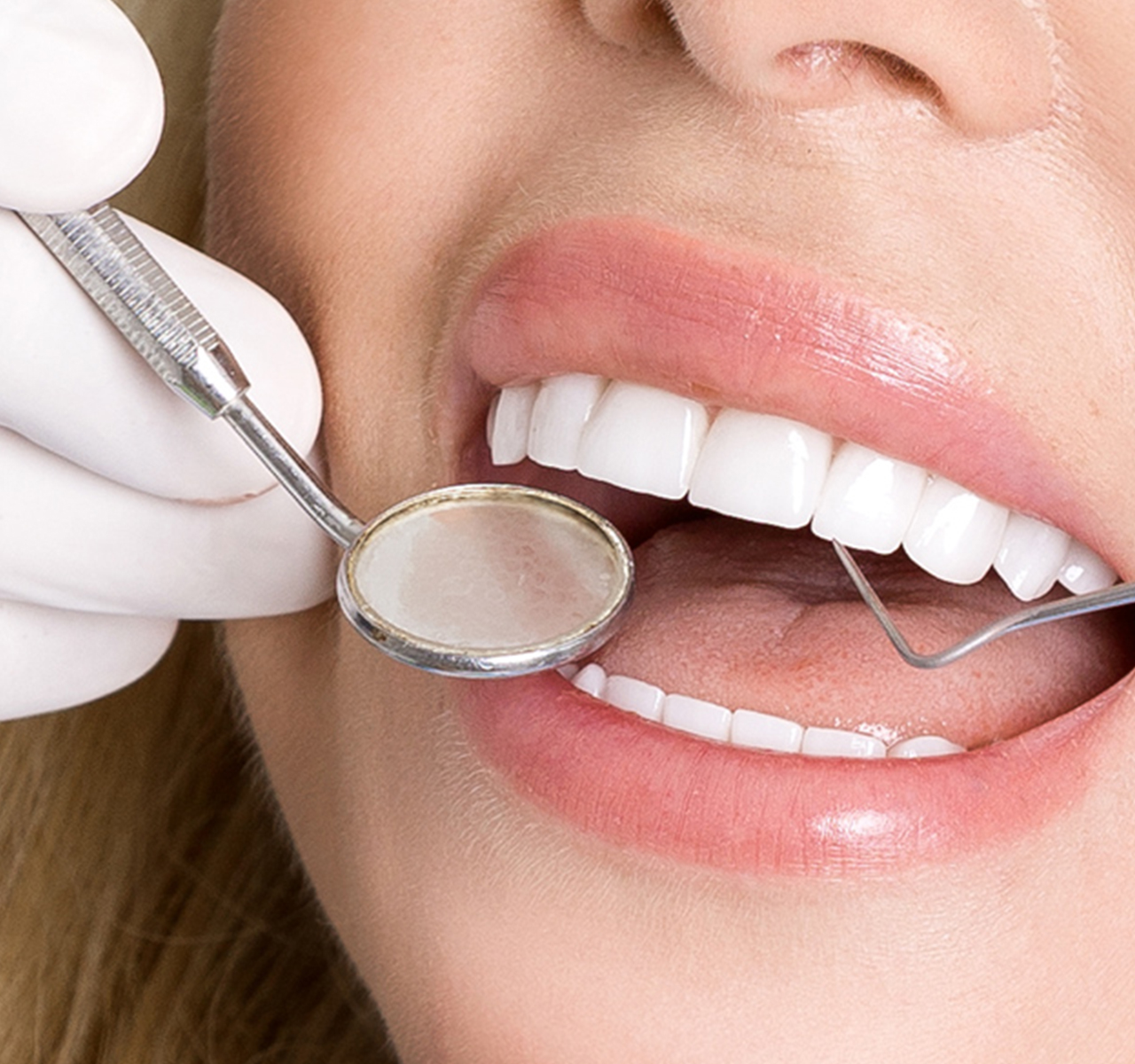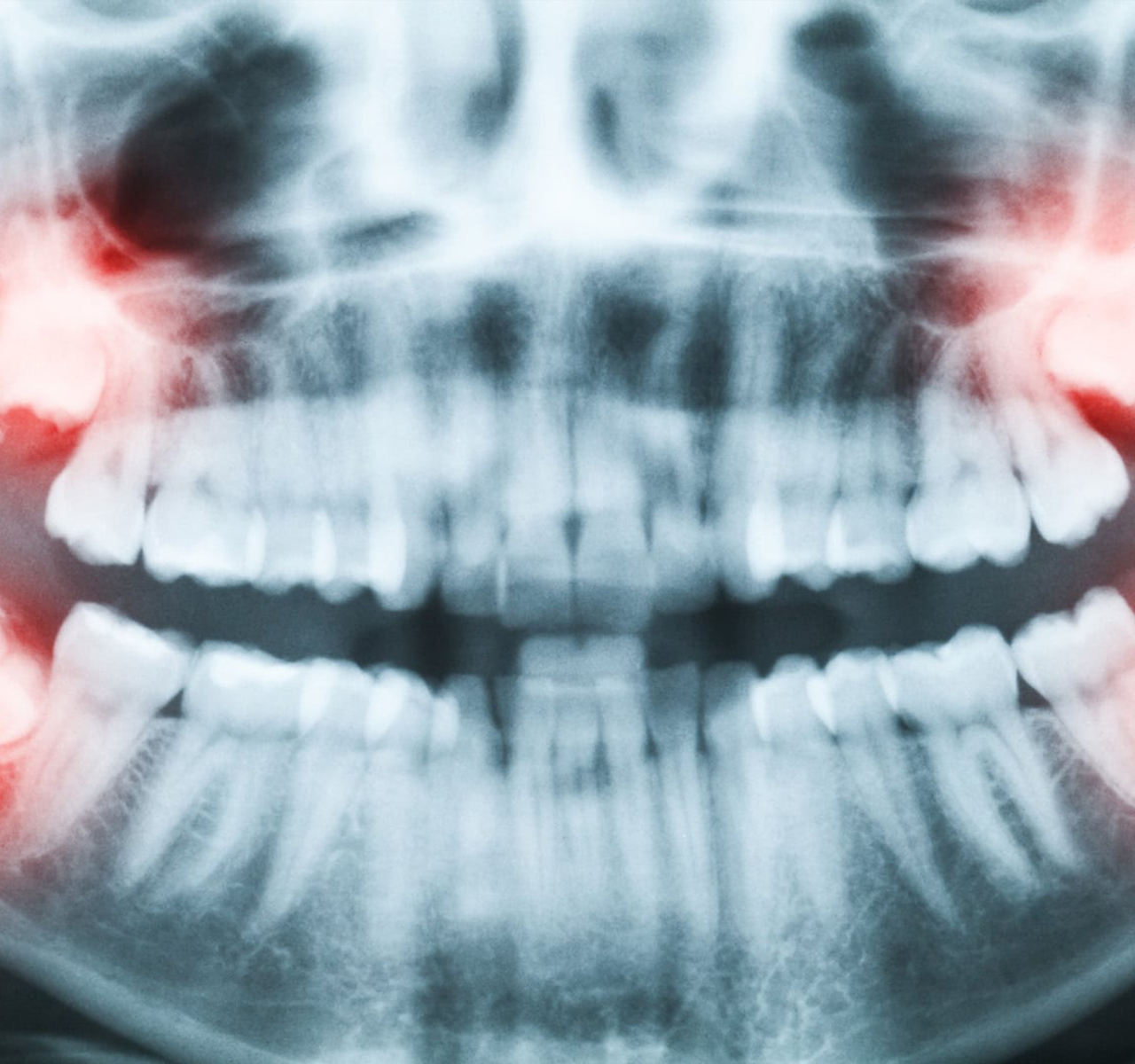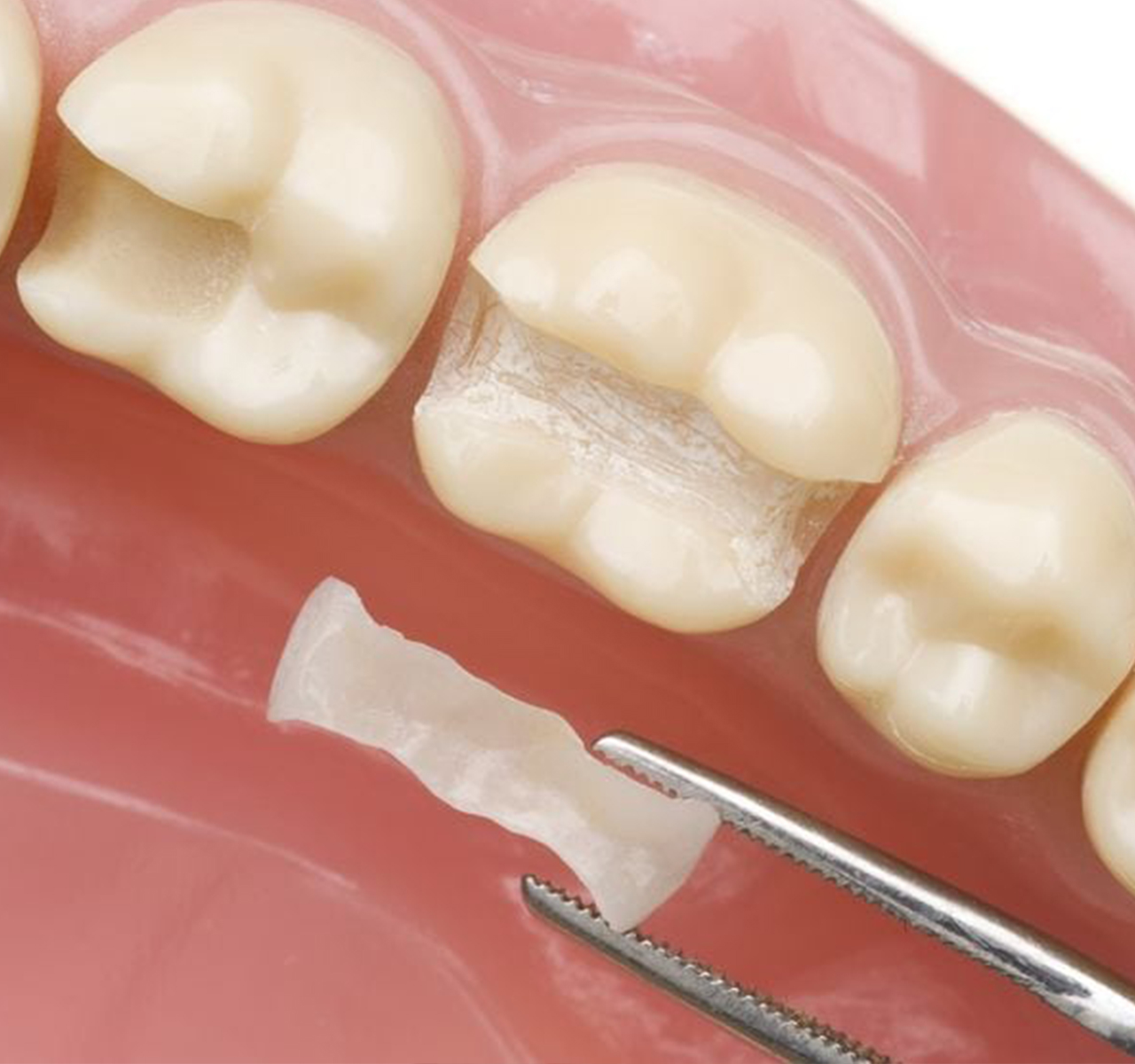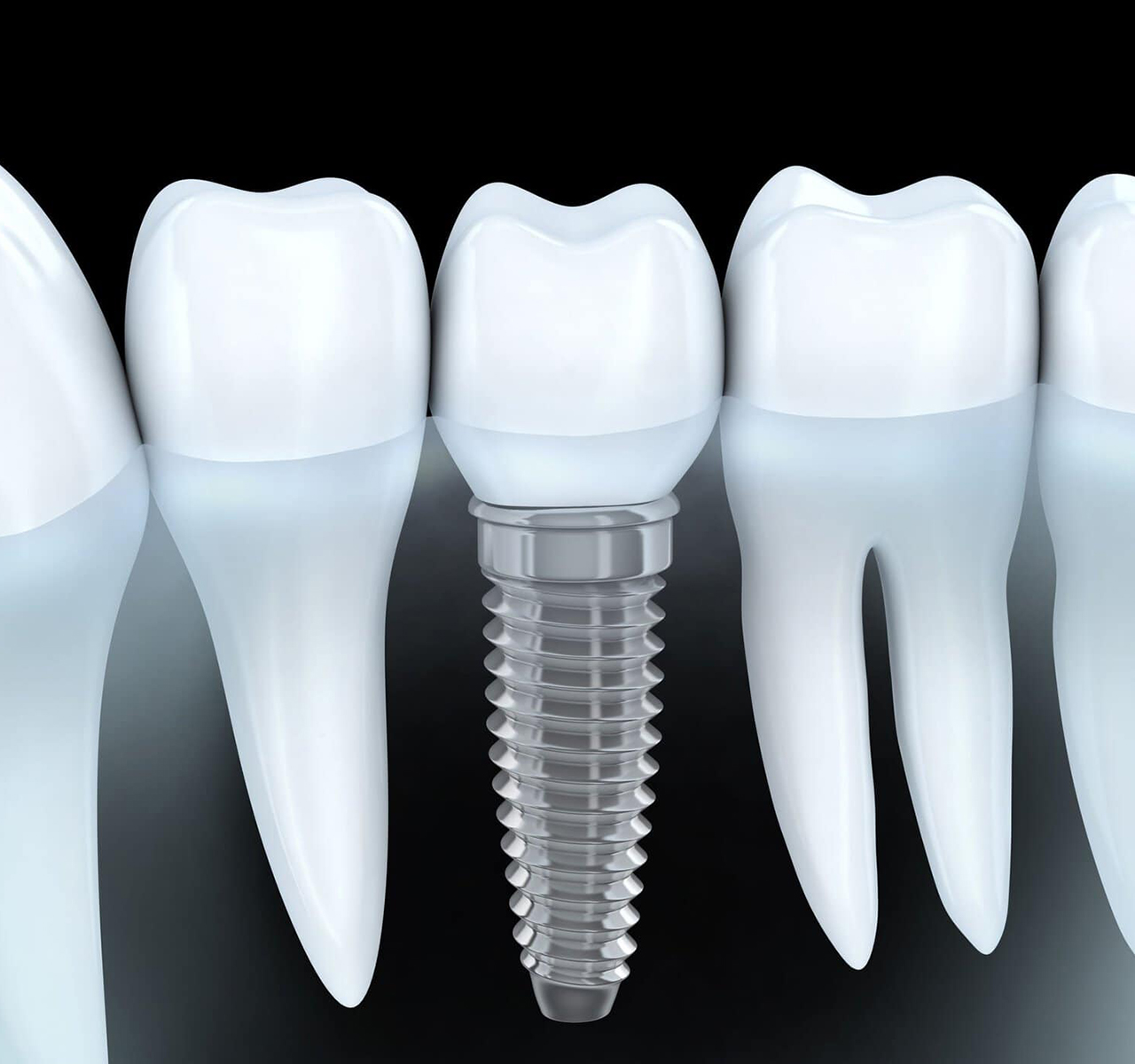Periodontal Disease is a relatively common condition that can cause pain, swelling, bleeding, and infection in the gums surrounding your teeth. Also called gum disease or periodontitis, this condition derives from bacterial growth in your mouth. It often starts out as gingivitis, or inflammation of your gums caused by plaque buildup. If you catch and address gingivitis early, it may not progress to Periodontal Disease.
When gingivitis does progress into periodontitis, the inner layer of your gum pulls away from your teeth. This creates pockets which easily gather food particles and bacteria, which can lead to infection. Meanwhile, toxins start breaking down connective tissue and bone that secure your teeth.
As the disease worsens, the pockets grow deeper and more bone and tissue are destroyed. Eventually, the teeth can become loose and fall out. Periodontal Disease is the top cause of tooth loss in adults.
What causes Periodontal Disease?
The buildup of plaque is the main cause of Periodontal Disease. Other factors that increase your risk include:
- Family history of dental disease
- Hormonal changes associated with puberty, menstruation, pregnancy, or menopause
- Illnesses such as cancer, diabetes, and HIV
- Medications that reduce saliva flow or cause abnormal gum tissue growth
- Poor oral hygiene habits, such as not brushing or flossing daily
- Smoking
What are the symptoms of Periodontal Disease?
Periodontal Disease may produce relatively few noticeable symptoms early on, so it’s important to see your dentist regularly. Symptoms may include:
- Deep pockets between your teeth and gums
- Loose teeth
- Gums that bleed when you brush or floss your teeth
- Persistent bad breath or foul taste in your mouth
- Red, tender, or swollen gums
- Shifts in the way your teeth fit together
How is Periodontal Disease treated?
Treatment for Periodontal Disease varies, depending on factors such as the severity of your symptoms and your overall wellness. Treatment options may include:
- Professional cleanings, potentially more than twice per year, to remove plaque and tartar
- Scaling and root planing, which is a nonsurgical procedure that scrapes plaque and tartar away and smoothes out rough spots
- Surgery to reduce the size of your pockets, stimulate bone growth, reinforce thin gums with soft tissue grafts, regenerate tissue, or smooth out shallow craters
Luckily, it can be managed, especially if it’s caught early. We offer effective diagnostic and treatment options for Periodontal Disease. If we can help you, call the office or book an appointment using the online scheduler.

